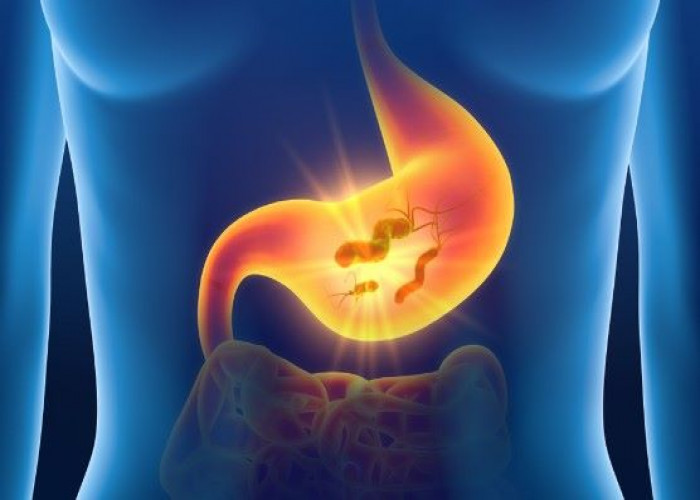 Welcome
Welcome
“May all be happy, may all be healed, may all be at peace and may no one ever suffer."
Gastritis
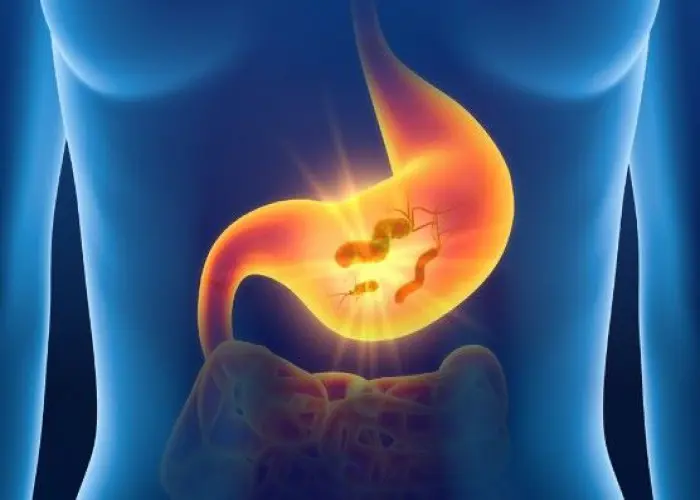
Gastritis is a medical condition that refers to inflammation of the lining of the stomach. It can be acute, meaning it develops suddenly and lasts for a short time, or chronic, meaning it lasts for several months or even years.
There are several causes of gastritis, including bacterial infection, alcohol consumption, long-term use of nonsteroidal anti-inflammatory drugs (NSAIDs) such as aspirin or ibuprofen, and autoimmune disorders. Other factors that can contribute to gastritis include stress, a poor diet, and certain viral infections.
The symptoms of gastritis can vary depending on the severity of the inflammation, but may include:
- Nausea and vomiting
- Loss of appetite
- Abdominal pain or discomfort
- Bloating
- Indigestion
- Black or tarry stools
Diagnosis of gastritis may involve a physical exam, medical history, and diagnostic tests such as blood tests or an endoscopy, in which a small camera is inserted into the stomach to examine the lining.
Treatment for gastritis may depend on the underlying cause of the condition but may include medications to reduce inflammation or acid production in the stomach, antibiotics to treat bacterial infections or lifestyle changes such as avoiding alcohol or spicy foods. In some cases, a healthcare professional may recommend dietary changes, such as consuming smaller, more frequent meals or avoiding certain foods, to help alleviate symptoms and promote healing of the stomach lining.
If left untreated, chronic gastritis can lead to complications such as stomach ulcers or even stomach cancer, so it is important to seek medical attention if you are experiencing symptoms of gastritis.
Research Papers
Disease Signs and Symptoms
- Abdomen pain
- Nausea or vomiting
- Fullness in abdomen
Disease Causes
Gastritis
Gastritis is an inflammation of the stomach lining. Weaknesses or injury to the mucus-lined barrier that protects the stomach wall allows digestive juices to damage and inflame the stomach lining. A number of diseases and conditions can increase the risk of gastritis, including inflammatory conditions, such as Crohn's disease.
Disease Prevents
Disease Treatments
Treatment of gastritis depends on the specific cause. Acute gastritis caused by nonsteroidal anti-inflammatory drugs or alcohol may be relieved by stopping use of those substances.
Medications used to treat gastritis include:
- Antibiotic medications to kill H. pylori. For H. pylori in your digestive tract, your doctor may recommend a combination of antibiotics, such as clarithromycin (Biaxin XL) and amoxicillin (Amoxil, Augmentin, others) or metronidazole (Flagyl), to kill the bacterium. Be sure to take the full antibiotic prescription, usually for 7 to 14 days, along with medication to block acid production. Once treated, your doctor will retest you for H. pylori to be sure it has been destroyed.
- Medications that block acid production and promote healing. Proton pump inhibitors reduce acid by blocking the action of the parts of cells that produce acid. These drugs include the prescription and over-the-counter medications omeprazole (Prilosec), lansoprazole (Prevacid), rabeprazole (Aciphex), pantoprazole (Protonix) and others.
- Long-term use of proton pump inhibitors, particularly at high doses, may increase your risk of hip, wrist and spine fractures. Ask your doctor whether a calcium supplement may reduce this risk.
- Medications to reduce acid production. Acid blockers — also called histamine (H-2) blockers — reduce the amount of acid released into your digestive tract, which relieves gastritis pain and encourages healing. Available by prescription or over the counter, acid blockers include famotidine (Pepcid), cimetidine (Tagamet HB) and nizatidine (Axid AR).
- Medications that neutralize stomach acid. Your doctor may include an antacid in your drug regimen. Antacids neutralize existing stomach acid and can provide rapid pain relief. Side effects can include constipation or diarrhea, depending on the main ingredients. These help with immediate symptom relief but are generally not used as a primary treatment. Proton pump inhibitors and acid blockers are more effective and have fewer side effects.
Disease Diagnoses
Disease Allopathic Generics
-
Metoclopramide Hydrochloride
Medicines containing metoclopramide for flatulence, nausea, vomiting or indigestion in children.
15/20 drops 3 times a day before meals.
-
Domperidone Maleate
Medicines containing domperidone for heartburn, belching, flatulence, regurgitation, or discomfort after eating.
1 pill/1 spoon 15 minutes before meals 3 times a day for 4 weeks.
-
Aluminium Hydroxide + Magnesium Hydroxide
For stomach gas.
Take 2 spoons daily after 20 minutes of food.
-
Bisacodyl
If the toilet is dirty.
2 pills should be taken together at night before going to bed.
-
Magnesium Hydroxide
If irregular along the toilet.
Consume 2/4 teaspoon with warm water every night before going to bed.
-
Lactulose
Medicines containing lactulose.
6-12 years 1 spoon, adults 3 spoons 2 times a day. Then reduce gradually.
-
Pancreatin
Medicines containing pancreatin for digestive disorders.
1 pill 2/3 times a day after meals.
-
Hyoscine Butylbromide
1/2 pill 3 times daily.
-
Oxyphenonium Bromide
1/2 pill 2/3 times a day 5 minutes before meals.
-
Diazepam
Medicines containing diazepam to reduce anxiety or stress in the patient.
1 pill in the morning 1 pill at night.
-
Clobazam
Medicines containing diazepam to reduce anxiety or stress in the patient.
1 pill in the morning and 1 pill at night or just 1 pill at night.
-
Ranitidine Hydrochloride
Medicines containing ranitidine for acid-related pain.
1 tablet 2 times a day after meals.
-
Famotidine
1 pill of 20mg twice a day after food or only at night 40mg in severe condition or for acid excess 40mg 1+0+1.
Disease Ayurvedic Generics
Disease Homeopathic Generics
Disease yoga
Gastritis and Learn More about Diseases
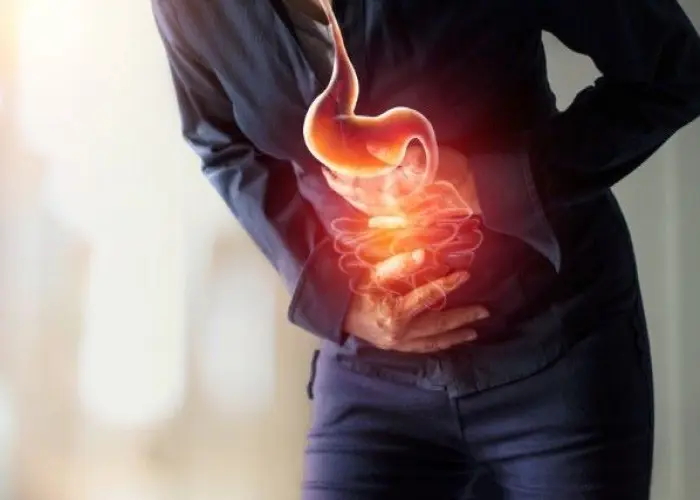
Indigestion
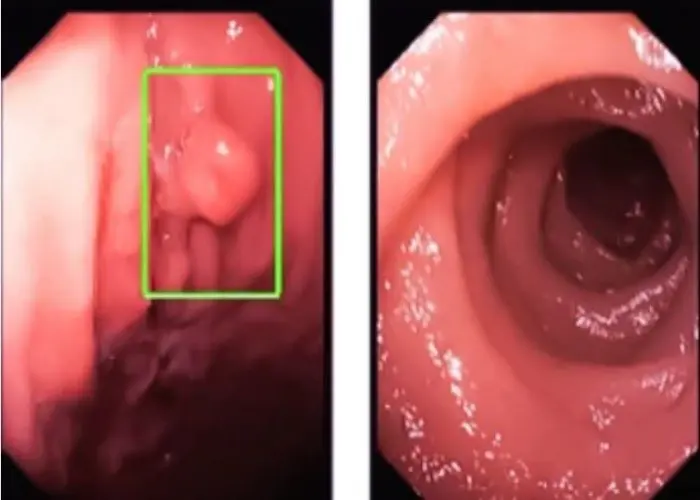
Colon polyps

Hiccups
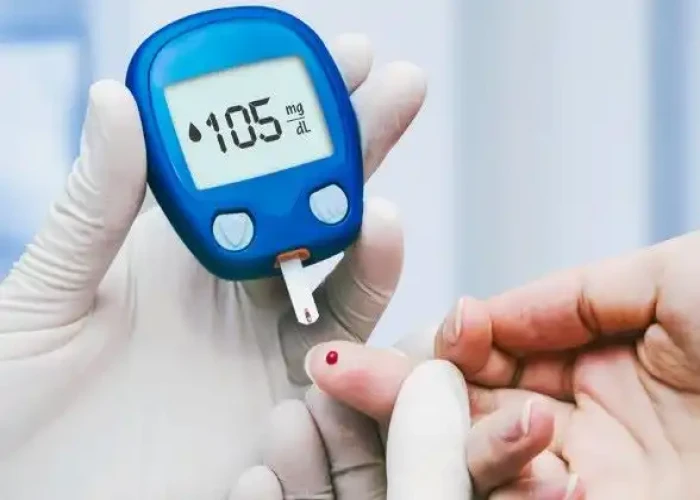
Type 2 diabetes

Angelman syndrome
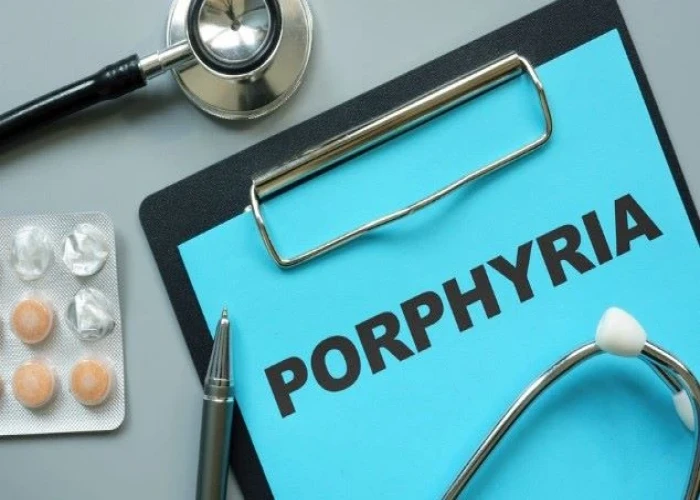
Porphyria

Low blood pressure (hypotension)

Chondrosarcoma
gastritis, গ্যাস্ট্রাইটিস
To be happy, beautiful, healthy, wealthy, hale and long-lived stay with DM3S.
